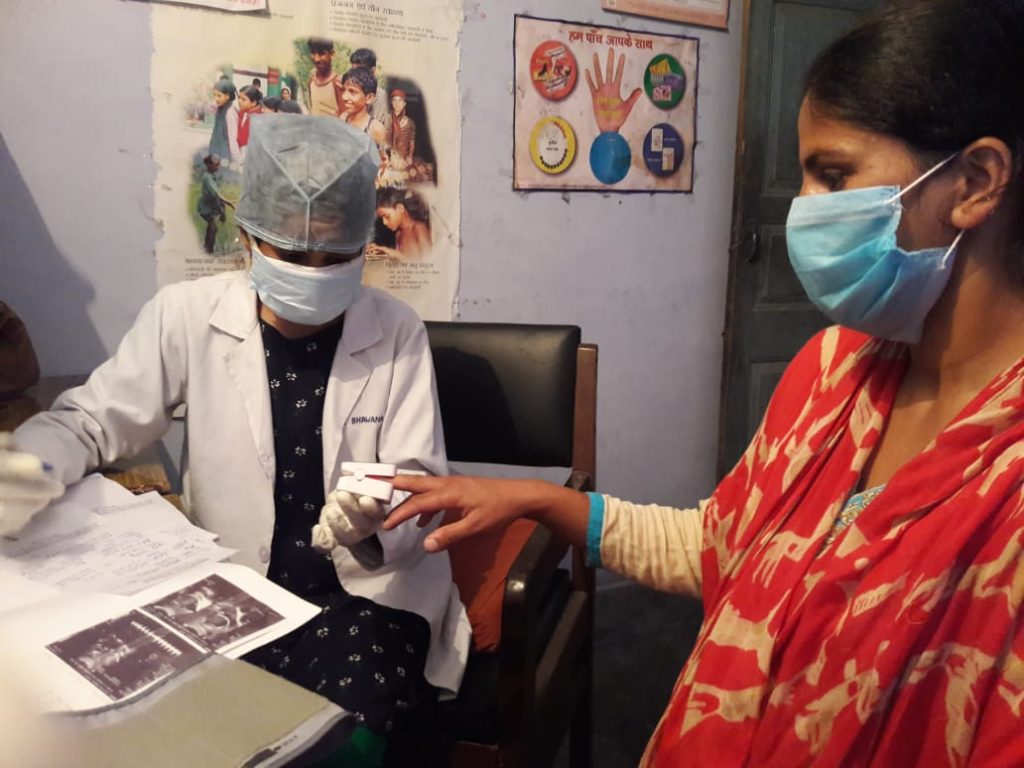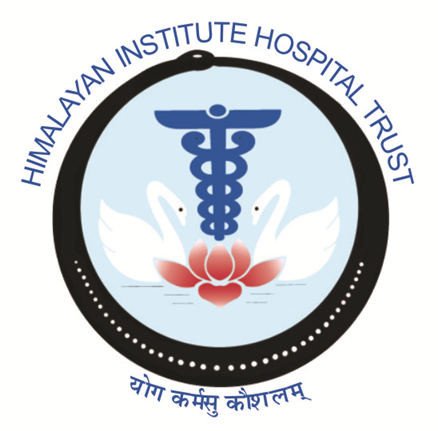Globally, health professionals, medical experts, social scientists, and researchers were unable to answer the uncertainty created by COVID19. Health authorities were totally confused and unable to explain about the COVID 19 adequately and appropriately. Investigation, treatment and management protocols were changed frequently as scientists drew some conclusions. Across the states, many hospitals were constructed; hotels, schools, institutions and stadiums were converted into hospitals. Besides of this, COVID19 cases were struggling to get bed and ventilator facilities.
In the beginning of 2020, when the whole country was celebrating and wishing each other on New Year, the COVID19 entered in human body in Wuhan and spread across the globe through human to human transmission. This is one of the devastating situation in human history when all human activities were stopped and more than 75% of global population stayed at home, weren’t allowed to go outside the home for essential goods. COVID19 spread globally within 60 days and restricted all human made transportation system and created a situation where majority of countries had to announce complete lockdown.
COVID-19 has also disrupted the education system. It also adversely affected access to nutritious food as a huge number of children were depending on school meals. Many men and women lost their work and livelihoods. Over 70% sub-centers reported partial or complete disruption of immunization services. Other services disrupted include diagnosis and treatment of non-communicable diseases, cancer diagnosis and treatment, family planning, antenatal care, TB case detection, treatment facility based births, and emergency surgeries.
Institute developed multidimensional approaches to address COVID-19, focusing on grassroots interventions, capacity building of health workers and professionals, ensuring utilization of technology by frontline health workers.
In the initial phase, Rural Development Institute started providing food, nutrition and medicine kits to all the vulnerable sections of society with the help of a committed team of RDI and local administration during the lock down period. It was really a difficult time to reach actual beneficiary but with support of ASHAs and Aanganwaadis (frontline health workers) were able to reach the actual beneficiaries and serve them at that difficult time. Institute has long relationship with ASHAs, ASHA Facilitators across the state which helped us understand the actual needs of local people and reach them through ASHAs’ widespread network.
As we all are aware that ASHA is the first contact person between community and health system but during the initial period of lock down she was not aware about her role in COVID 19. She was unable to answer the queries of people regarding the disease. RDI immediately prepared training material for the frontline health workers on COVID19 and organized online sessions to orient them on overall issue. They were also engaged in community awareness programs.
The RDI staff was directly in contact of local ASHAs to understand the real needs of communities. Large number of ASHAs informed us that majority of pregnant and lactating women were not getting Iron folic acid, calcium due to short supply and many women delivered at home because of complete lock down. Institute immediately made arrangements for distributing ASHA Drug kits which included all essential medicines required during antenatal, natal and post natal period and also provided safe delivery kits to ASHAs. A special kit was formulated and made available to pregnant ladies before their delivery. Large numbers of Sanitation and hygiene kits were distributed among adolescents especially emphasizing on sanitary pads for girls. The Institute also provided PPE kits to various district hospitals to ensure the safety of health professionals and frontline health workers during initial period of lockdown when public health facilities were struggling to avail them as per their requirements.
In the Intermediate phase, Institute formulated more comprehensive and integrated program against the COVID19 in collaboration with other organizations, government agencies and implemented a series of interventions including decentralization of testing facility at Community Health Center (CHC) level, systematic training and orientation programs for frontline health workers and health professionals and ensuring optimum utilization of existing public health system. In this phase the training program were extended from health workers to local panchayat members and other stakeholders such as local teachers, volunteers, Self Help Group members etc. The frontline health workers were not only trained but also equipped with a COVID-19 Kit which included Thermal Gun, pulse Oximeter, sanitizers, gloves, face cover and other screening tools.

The frontline health workers are helping existing public health system in community screening and early identification of suspected cases for COVID-19 testing. It has provided opportunity to frontline health workers to interact with each and every person of the community and sensitize them on the safety measures against the COVID-19. The overall processes include training, awareness, screening, testing and management of positive cases. The processes also include regular follow-up of home isolated cases through the faculty members of Community Medicine Department of Swami Rama Himalayan University. The Himalayan Hospital also served as a COVID-19 Hospital and supported existing public health system during this pandemic period in management of positive cases at primary, secondary and tertiary levels. The primary health care services and secondary specialist consultations were also provided through the Him-Sanjeevani mobile application and remote centers of Himalayan Sanjeevani Clinic through telemedicine during the lockdown period.
This pandemic made it very clear that the countries who had invested on primary health care over the past decades are reaping the benefit now. Empowering our frontline health workers will yield rich dividends. We need to invest in them to ensure that they have the tools they need, receive regular training and mentoring, and are well paid. We need to invest in strong institutional mechanisms and capacities in our regulatory bodies, research and public health institutions. We have seen so much fear, stigma and discrimination circulated on social media and in rural communities. This must be countered by health literacy through community based education and awareness programs. The State is on the path to investing in Universal Health Coverage through Ayushman Bharat which definitely helps vulnerable people during this difficult circumstances. Financial resources are very important for this, but we also need investment in human resources and to engage and empower communities. A health system cannot only be about the supply side. It has to keep in mind how to involve citizens and the people it is trying to serve and have them involved in developing the services that we are bringing to them. COVID-19 has given us a golden opportunity to strengthen and upgrade our public health facilities like PHCs and CHCs, acquire knowledge and equipment and develop new technologies. It is imperative that we safeguard our frontline workers including doctors, nurses, and sanitary and essential services providers, from the virus using quality personal protective equipment and launch a state wise sensitization campaign to educate our community fellows.
Dr. Rajeev Bijalwan and Dr. Nikku Yadav

3 Comments
Nice informative
good
Great information by Dr. Rajeev Bijlwan and Dr. Nikku Yadav. Good work. Keep it up.